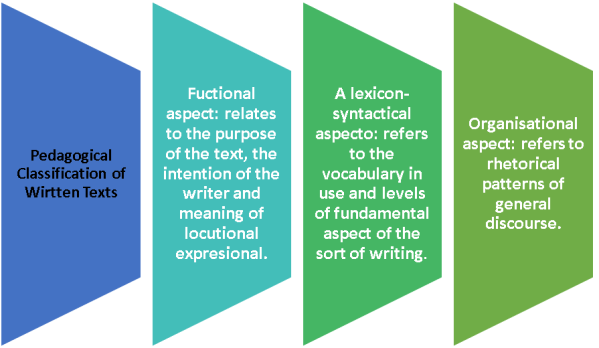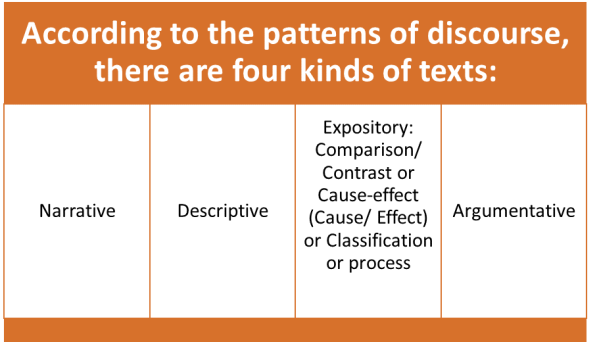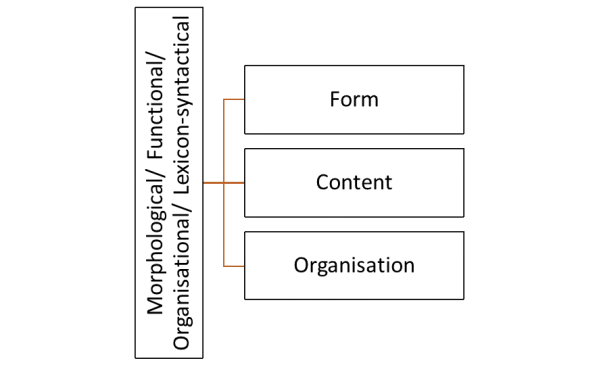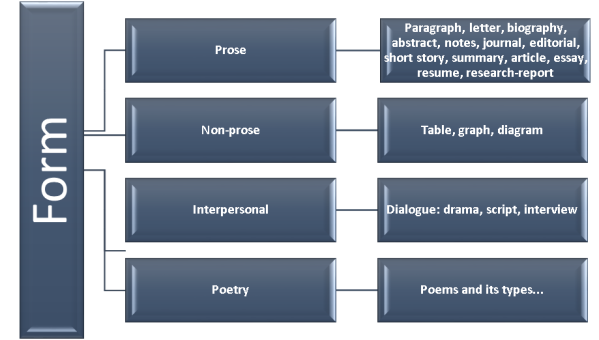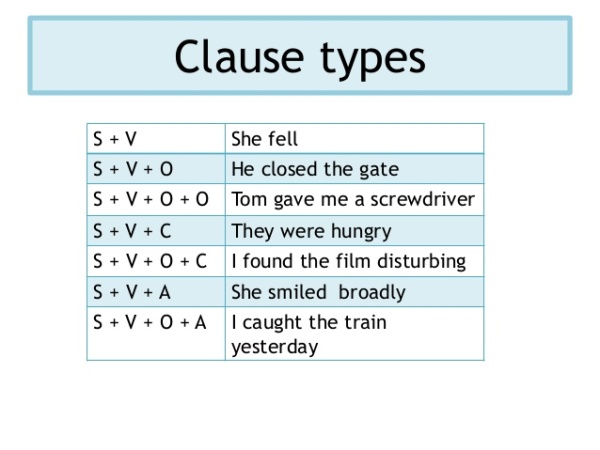As an active reader, I really do things to improve my writing input and command of all of the languages I know; but, It is simply hard to adhere to rule and to abide by any norm when pandemonium is present. So far, you get into the underground system and people talk for England and you do not feel cheerful because of interruptions. I decided to plan on creating methodologies in language acquisition and more for personal growth. Let us see so many of them…
- study out of your comfort zone: It is better to have got a seat when you do not fall asleep than a rocking chair to fall on the ground with no lesson learnt.
- put your arm in meditation position: It helps you to avoid removing your books when concentrating on any topic.
- Look for a safety place: It is true that where your heart is, It is the right place to learn.
- Look for a silent place: the less you hear others, the better your retaining of data.
- Put images all round: If there are images glued on the wall or wherever you can see them, you will go back to pages.
- Prepare your best chewing gum or cuppa, they really accelerate heart beats till the point your brain will get better oxygen.
- Set the table: your timetable must be set up with the porpuse of reading that specific book and not other.
- Be fresh: do not do any kind of physical activity before getting into touch with your books, It has the opposite effect. Instead of being distressed, you will be more stressed.
- Call your best friend: let those close to you that you will be reading an interesting topic and leave them with an intriguing interest, so they will want you to tell them later.
- Sit in the right place: always look for a place you are familiar with and never go to new place at least you want to experiment any form of sensation with a new reading.
- Treat your book like your diary: If you feel that reading as yours, your learning will be significant to you.
- Identify the topic sentence: every parragraph has got a detonant sentence fragment, so go for it and make it sense.

Autor: Eduardo Beccerrit


